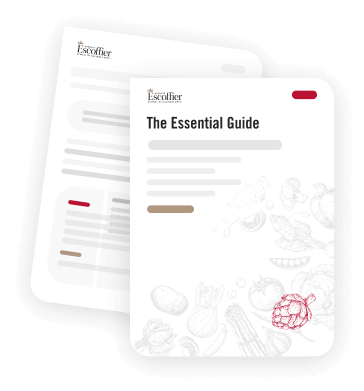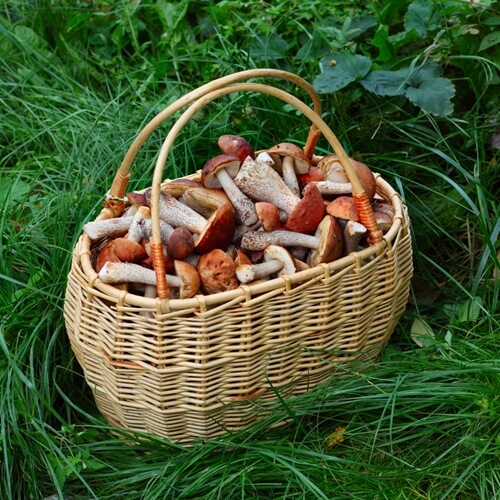5 Tips for Foraging

As a passionate cook, you are probably always on the lookout for unique ingredients to use in your next dish. Your online culinary courses are teaching you the necessary skills. Using new ingredients is a great way to expand your culinary horizons. Unleash your inner artist by foraging for great food. Not only will this provide you with free cooking ingredients, it will also get the wheels turning as you develop new dishes.
1. Forage with friends
Don’t forage alone while you are still learning the basics. Find others near you who also make good use of nature’s pantry. They can guide you to local hotspots or steer you away from dangerous vegetation. Besides, spending time outside with other food lovers is more fun. Ask an expert for direction as you get started. You can also swap recipes with your foraging group. Suggest holding a cookout so that you can see how others prepare the ingredients they’ve found.
2. Get good books
Start learning key identifiers in foraged foods by getting yourself a few good books. They should have detailed pictures and descriptions so that you can compare your findings to the guides. You need to be able to discern safe plants from deadly ones, and a well-made guide will help. Keep a journal with you while you’re in the field. Take down notes on what you found and how you identified a particular item. This practice will help you perfect foraging. If you ever have any doubt about a food, don’t eat it!
3. Start simple
Look for easy-to-find foods when you first start your foraging journey. Items like hedgehog mushrooms and the shaggy inkcap have distinctive features, making them easy to recognize. They are also tasty and abundant. Ask friends and fellow foragers what some good novice plants are. Get to know those intimately before adding more food to your vocabulary. The items you know by heart can become part of your cooking arsenal.
4. Get to know your area
Forage in the areas nearest to your home. You’ll be surprised at the number of edible plants that are native. New species will grow as the seasons change, so you’ll have something new to look forward to for the first year. Furthermore, by foraging close to home you have a pantry that’s just outside your door. These items will become central to quick home meals.
5. Leave some behind
Uprooting a plant is illegal. Take only the leaves and flowers. Be careful with fungi as you don’t want to damage the underground root system.


